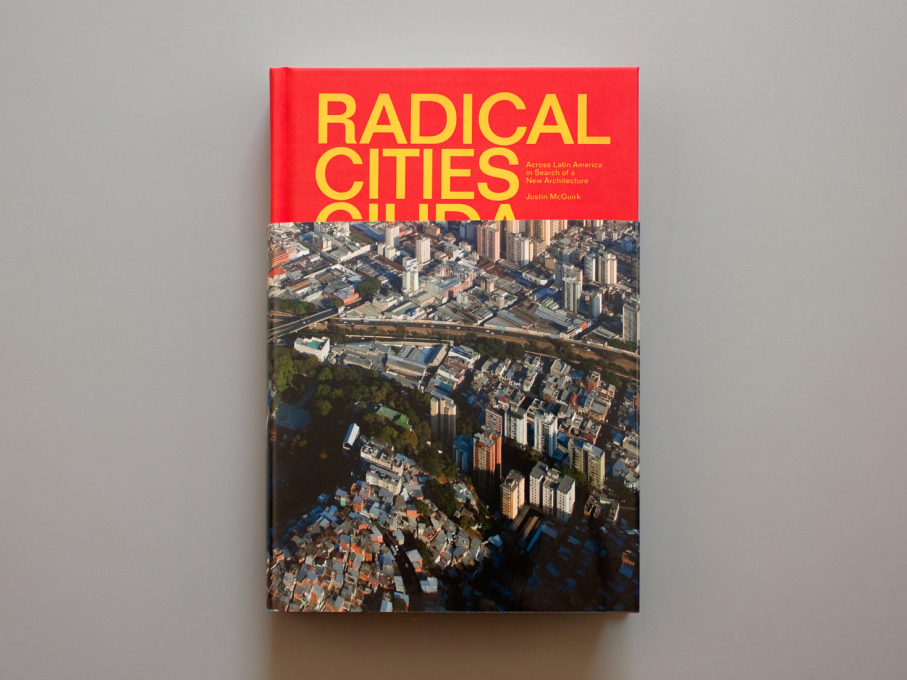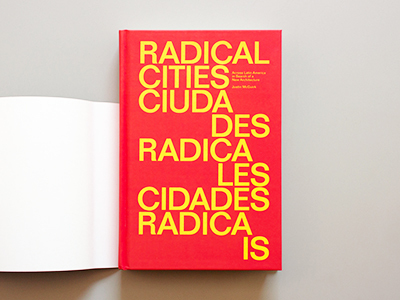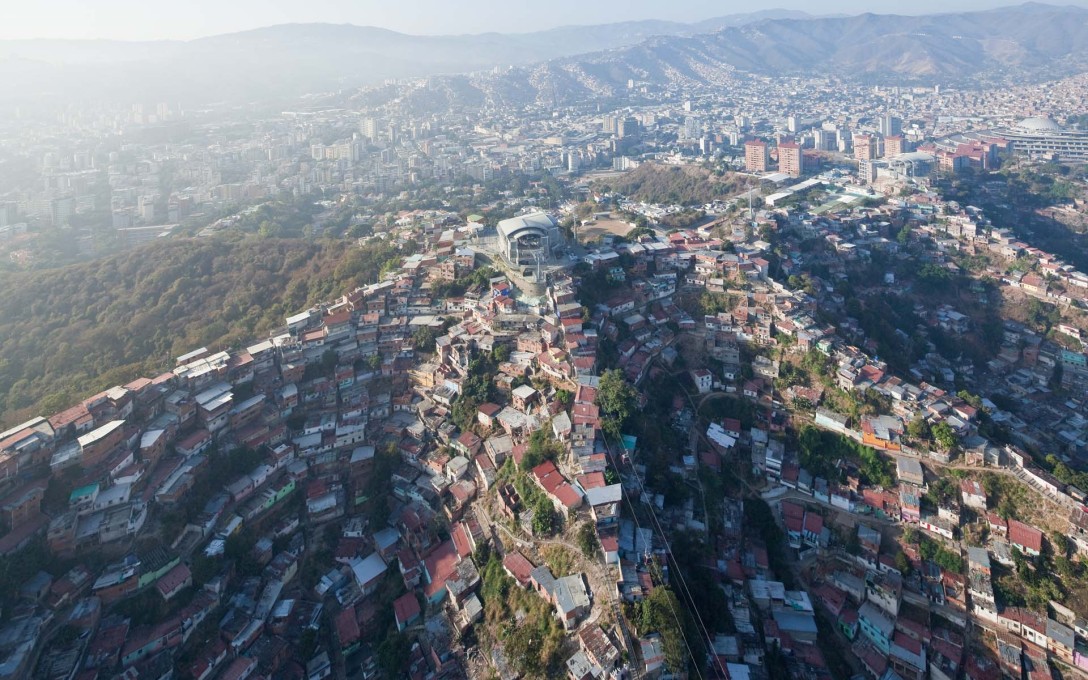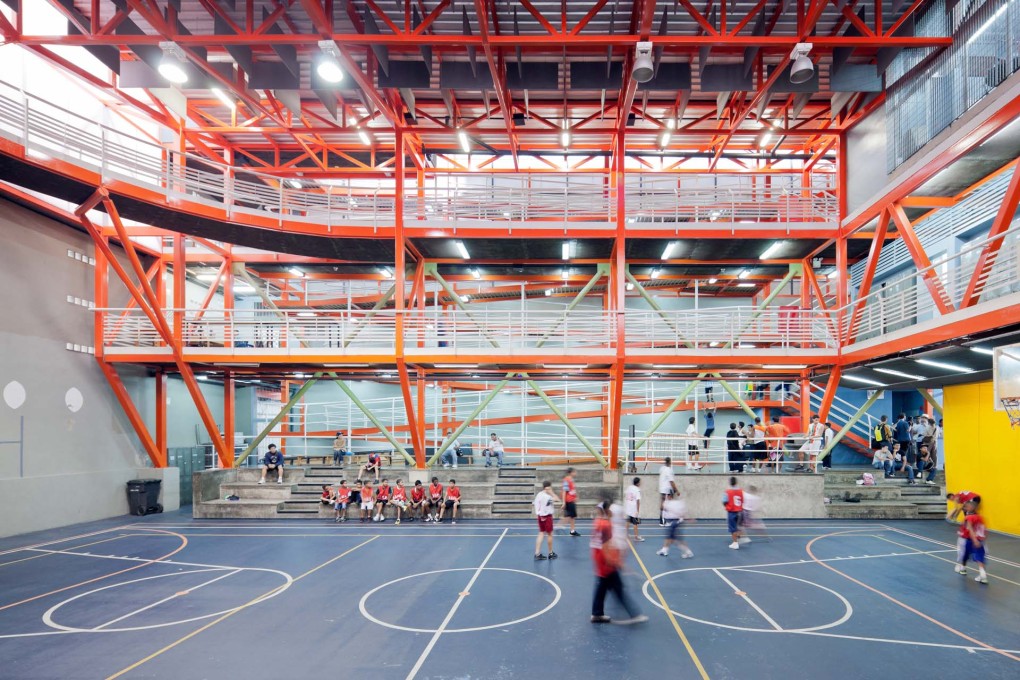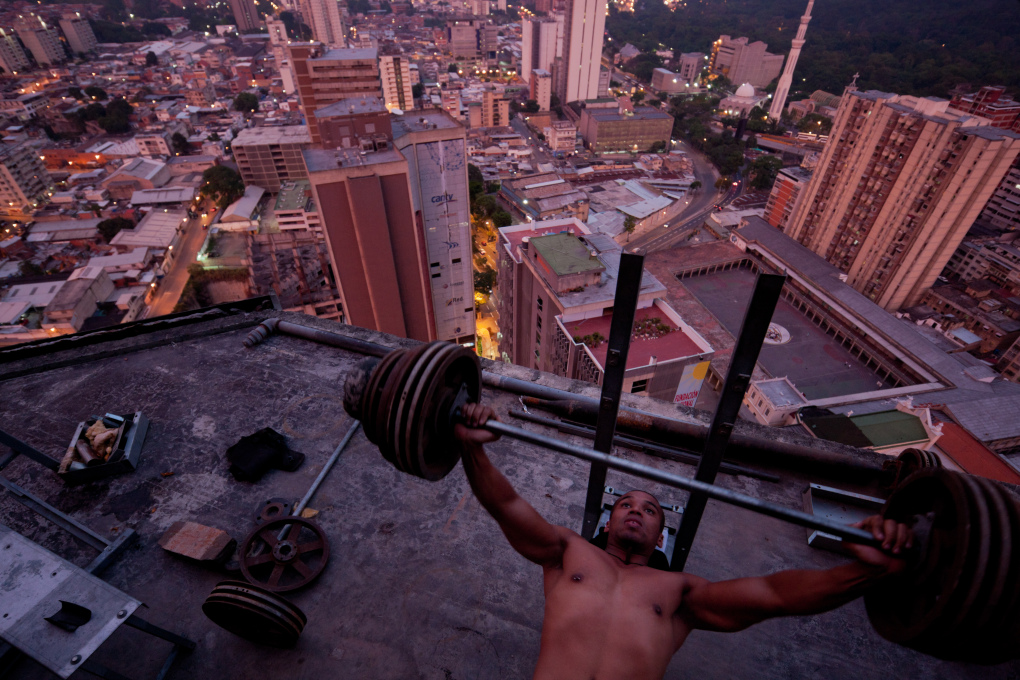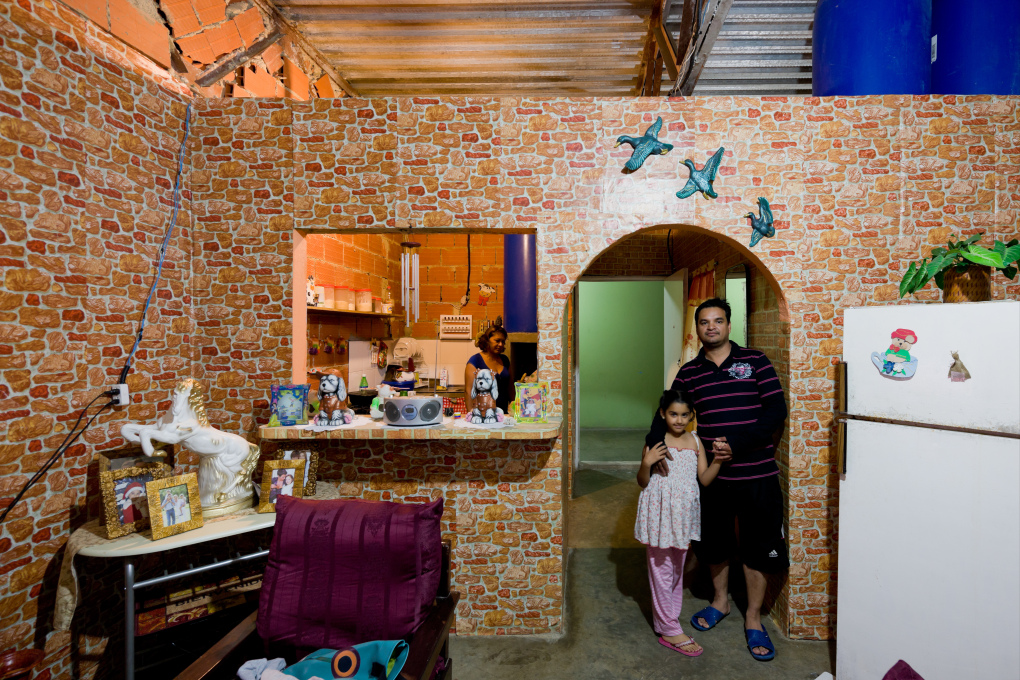”uncube contributing editor Jessica Bridger reviews British design critic Justin McGuirk's new book Radical Cities: Across Latin America in search of a new architecture and finds it a “good primer for radical departures" with salient lessons for other world cities.
The imagery of favelas in Brazil has come to be the stuff of postcards, romanticised and seemingly exotic. Yet informally built communities, slums and favelas are increasingly the dominant mode of urbanisation and modernisation everywhere. They represent a growing crisis. Throughout history cities have expanded to become primary economic engines the world over; people have swarmed to them, in search of a better life and in need of somewhere to live. Justin McGuirk’s Radical Cities uses case studies from Latin America to explain how countries, cities and governments leveraged spatial and architectural responses to cope with rapid urbanisation. The book presents examples that deviate from the norms of the neoliberal capital market and policies, which are universal in their grip – from Lima to London.
There is something of a soured nostalgia for the large-scale Latin American housing experiments of the 1960s and 1970s in the book – housing projects that are reminiscent of North American or European modernism’s ideals, yet which often failed, like those in Chicago or London. However this was the last time social housing in Latin America really captured capital and the public imagination as a sufficiently scaled, top-down approach to the growing crisis of numbers. McGuirk balances those failed dreams with a pragmatic eye towards what has since developed in the contemporary void of large-scale public investment and in reaction to the dystopia of Corbusian genesis. Rather satisfyingly McGuirk is critical toward the fashionable panaceas of participation and bottom-up glorification, often rightly positioning these strategies as symptoms of a neoliberal shoulder shrug of those in power, casting down responsibility.
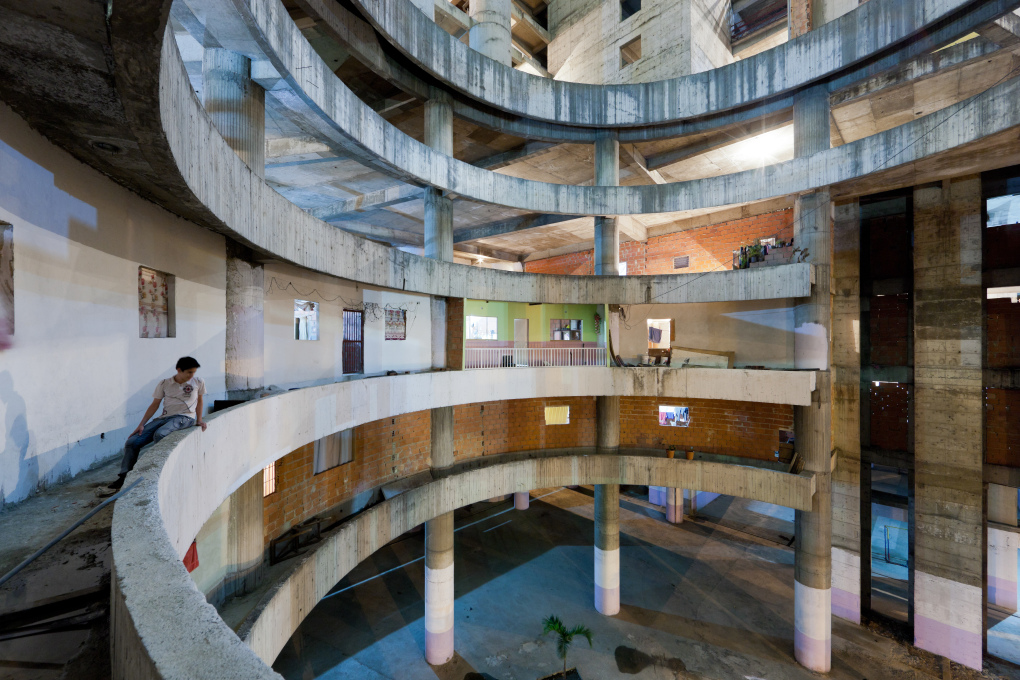
Perhaps the most radical thing about McGuirk’s book is that its many examples of success are grounded in approaches and projects applicable to concerns shared by many cities outside of Latin America; cases where North American and European urbanists can learn from far beyond their usual purview. The self-built, “informal” urbanism that houses the majority of the world’s population has no architect, no grand plan nor narrative. It is reactionary rather than radical. Formal programmes of slum clearance and relocation move people to the periphery, creating social isolation, reinforcing a culture of poverty and exacerbating urban exclusion from employment and social services. Yet McGuirk offers significant alternatives, successful reactions to late capitalism’s failure to serve the many on behalf of the few. Radical Cities is a good primer for radical departures from the usual and perhaps the next step is to generate desperately needed revolutionary solutions.
A version of this review first appeared in The Journal of the London Society.
– Jessica Bridger, a Berlin-based journalist, urbanist and consultant, is a contributing editor for uncube and restless traveller.
Radical Cities: Across Latin America in Search of a New Architecture
Justin McGuirk,
Verso, 2014.
ISBN 978-1-78168-280-7




